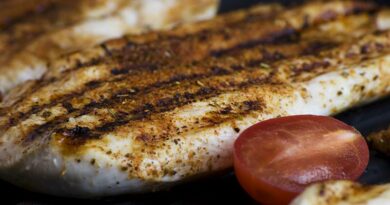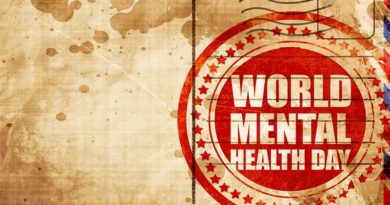Being a Veggie makes you porky
Boy did this article attract some comments on the Daily Mail blog! Lowri Turner has spent the past two years qualifying as a nutritionist and looks really good on it. She was one of the ‘victims’ of celebrity fit club and did the usual ‘eat less/do more’ only to put it all back on again. At 5 foot tall, she’s 2 inches shorter than me and was 3 stone heavier (11 stone) at her peak! Whatever she is now, she’s looking good on it.
The article was all about why being veggie is not good if you want to lose weight and Lowri’s main arguments were:
1) there’s lots of fat in veggie food e.g. 28g in a Linda McCartney meal vs 8g in a McDonalds;
2) the macronutrient balance – the veggie diet is skewed away from protien towards carbs (veggies eat beans and pasta etc).
Whilst I’m not sure the logic was perfect (the Linda McCartney meal appeared to be twice the size of the McDonalds, so we may not have been comparing like with like) and protein is in everything, so the macronutrients we want to be aware of are fat/proteins (which have no impact on insulin) and carb/proteins (which do have an impact on insulin).
Notwithstanding this, as a vegetarian and a nutritionist I have to agree with Lowri! Most of the Daily Mail site message board comments seemed to be more about defending vegetarianism than addressing the obesity issue.
There were the usual misconceptions – people writing that obesity is just about energy in and energy out. However if it were this simple, we wouldn’t have a problem, let alone an epidemic – thermodynamics has been wrongly applied to humans and there is no law of thermodynamics that is as simple as energy in = energy out (re-read the 1st law if you doubt this and then the circumstances in which the 1st law applies and then you have to read the 2nd law).
There are 2 separate issues – supplying food to a growing world population would undoubtedly be helped by everyone being vegetarian. There can be no question about this. However, I share Lowri’s view that the obesity epidemic would be helped by people eating meat and fish. Weight has far more to do with carbs consumed (and the concomitant insulin effect) than fat/protein.
My overweight, vegetarian clients only have dairy products and eggs as options that have no impact on insulin – far fewer meal options than carnivores. Also – the three conditions that cause food cravings are best overcome with a diet of ‘meat, fish, eggs, salad/veg and Natural Live Yoghurt.’ It is always more difficult for vegetarians to overcome these conditions than carnivores.




Hello,
I have just ordered your book and I am keen to get started. However, I am a vegetarian and I am keen to know how feasible your diet is if you don’t eat meat or fish.
I look forward to hearing from you.
Kind regards
Jo
Hi Jo
I was veggie for 2o years – including the time during which the diet was developed and the books were written so it is fine for veggies. Phase 1 is a bit restrictive, but it’s only 5 days long. Phase 2, you’ll find all the ‘carb’ meals are naturally veggie (you’ll get used to the terminology) and ‘fat’ meals based on eggs/cheese are also veggie.
Hope this helps!
Best wishes – Zoe
Hi I need help. Due to Parkinsons meds I cannot eat a high protein diet. I need to lose 5 stone. How can I achieve this on a vegetarian diet.I have bought 2 of your books and tried to eat more protein but it does interfere with how my medication works. Thankyou Nina
Hi Nina – I really sympathise with you for such difficulties. Our club can give much more support. Just a quick comment here – The first rule of The Harcombe Diet is to eat real food and only real food. Avoiding all processed food (white flour, sugar, ready meals etc) is going to be the single best thing that you can do. This should really help – even though you will still be eating more carbs than an omnivore (meat/fish/eggs are the only zero/negligible carb foods).
The other point is – there are three macronutrients – protein, carbs and fat. Protein messes with your meds, carbs make you fat but there’s fat left. Fat is the most versatile macronutrient – it can be used for basal metabolic repair and energy. See how you get on opting for the higher fat ‘protein/fat’ foods – as described in my book. If you ate fish, this would be oily fish over white fish or lamb over chicken. For a veggie, it’s hard cheese over eggs – higher fat content. Butter would be a useful food too. Olive oil on salads is also high fat/low protein/low carb.
What a bizarre side effect of medication?! It cannot be healthy that this drives you to avoid fat/protein foods – these are the most nutritious.
I hope this helps a bit- the club may be able to help more
Very best wishes – Zoe
Are you sure about dairy products because everything i find about milk and yoghurt, is that they have a big impact on insulinemic response